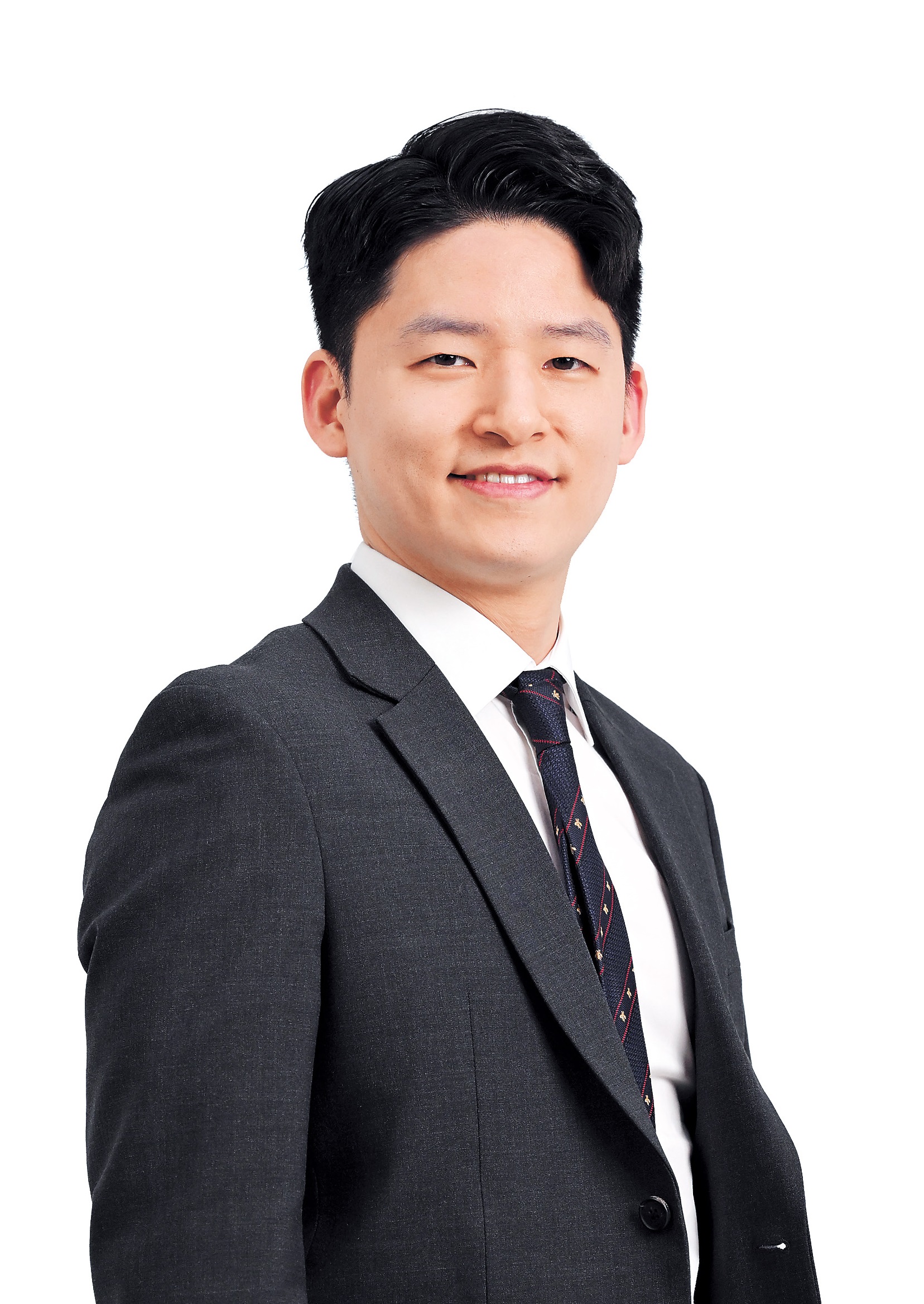What motivated martial law? Yoon's own words
President's address reveals troubling view of parliamentary democracy, constitutional order
By Moon Joon-hyunPublished : Dec. 12, 2024 - 17:48

President Yoon Suk Yeol, facing an imminent second impeachment vote and prosecution on charges of insurrection, defended his controversial Dec. 3 martial law declaration in a nationally televised speech Thursday. Yoon said the declaration was intended to fail, portraying it as a symbolic move to expose what he called a “state of governmental paralysis” caused by the opposition.
The president's justification appears to be part of an effort to counter impeachment proceedings and deflect accusations of unconstitutional overreach. However, Yoon’s explanation -- and the rhetoric accompanying it -- has only intensified questions of his judgment and motives.
'Intended to fail': Strategic justification?
Yoon argued that his martial law declaration was not meant to disrupt government operations, but to “inform the public” of the dangers posed by the opposition-dominated National Assembly. He said the move was symbolic, with only 300 troops deployed briefly to maintain order.
"I had initially told the Defense Minister that unlike previous martial law decrees, I would make an emergency appeal to the public and inform Koreans about the current crisis in the form of martial law," Yoon said, adding that parliamentary functions continued uninterrupted under martial law.
Yoon framed the decision as a necessary response to the opposition-led “paralysis” of the government and judiciary.
“If the objective was to paralyze the functions of the National Assembly, martial law should have been imposed on the weekend, not on a weekday. The measures to cut power and water to the National Assembly building would have been taken, and broadcasting would have also been restricted," he explained.
Yoon’s attempt to portray martial law as a symbolic act rather than constitutional overreach has sparked debate over whether he misused his executive powers to gain political leverage and shield himself from prosecution.
Testimony from the head of a special operations unit deployed to the National Assembly suggested there were specific orders to stop lawmakers from gathering and voting down the martial law.
The Constitution states that martial law, which replaces the civilian government with military authorities and allows restrictions of civil rights, shall be declared “when the social order is so disturbed that civil administrative authorities cannot preserve the public peace in time of war, incident or other equivalent national emergency.” It also clearly says no member of the National Assembly shall be arrested or detained unless caught in the act of committing an offense.
Narrative of opposition obstruction
Throughout his speech, Yoon painted the main opposition Democratic Party of Korea as a dangerous and obstructionist force, accusing it of paralyzing the government and undermining national security. He alleged the liberal party had blocked cybersecurity reforms following North Korean hacking attempts of the National Election Commission and questioned the party's commitment to upholding democratic processes.
Yoon described the NEC’s cybersecurity failures in dramatic terms, claiming passwords were as simplistic as “12345” and suggesting that election data could have been manipulated. Without providing concrete evidence, he implied that the opposition’s resistance to investigations into the NEC could be part of a broader conspiracy.
The president's allegations fit into a pattern of inflammatory rhetoric.
Yoon has accused the opposition of turning South Korea into a “heaven for spies” and seeking to “tarnish the government” through excessive impeachment motions and budget cuts. While his claims reflect the tense political environment, they also risk being perceived as a diversion from his own legal and constitutional challenges.
Accusing the opposition parties of refusing to respect the presidential election outcome that brought him to power, Yoon said, "The opposition-controlled National Assembly has become a monster that is destroying free and democratic constitutional order instead of serving as its bedrock."
His frustration with the NEC, which he cited as one of the reasons for imposing martial law, also revealed his disregard for the constitutional principle of separating the election body from the influence of any particular administration.
He contended that the NEC, despite its vulnerability to North Korean hackers, refused to cooperate in having its electronic system inspected. Because of this, he ordered the defense minister to check in on the NEC during martial law, he added.
The public response to Yoon’s speech has been swift and critical.
"Today’s address shows that President Yoon, who has lost the ability to make sound judgments, must be immediately suspended from his duties,” read a statement from People’s Solidarity for Participatory Democracy, a prominent South Korean civil society organization.
The group added, “He falsely framed lawful criticism and the opposition’s legitimate actions as threats to the constitutional order, while indulging in conspiracy theories to justify his attempt to take control of the National Election Commission.”
-
Articles by Moon Joon-hyun





![[Newsmaker] Ex-intel commander appears key to alleged martial law plan](http://res.heraldm.com/phpwas/restmb_idxmake.php?idx=644&simg=/content/image/2024/12/11/20241211050041_0.jpg&u=20241211192001)












